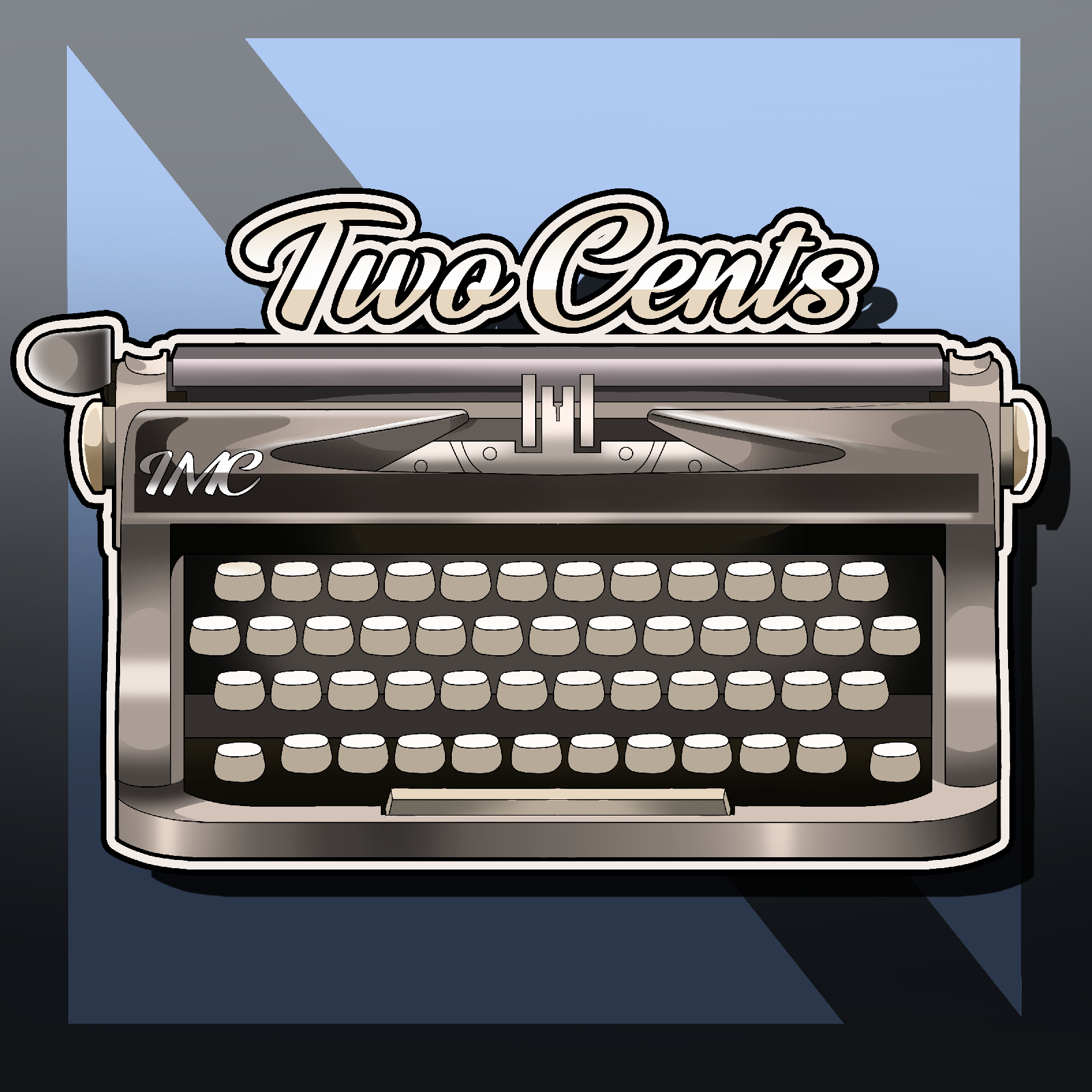Maturing as a Writer
Recently, I entered a process to try to get another essay published in a periodical of note. I can't disclose too much about it because (I'm fairly certain), that would be unprofessional. However, I did want to take a moment and reflect on something about this process that I was happy to discover.
Here's the bare bones backstory (no spoilers). I discovered that a magazine I enjoy occasionally took nonfiction pieces, but they primarily published them on an "invite only" basis. However, they didn't completely banned unsolicited pitches, so I thought I'd take a chance.
I wrote up a pitch for an essay that I'd been wanting to write for a very long time but had up to that point failed to find any takers. I gave it a preliminary title, described what I wanted the piece to be about in roughly 3 short paragraphs, and thanked the editors for their time and consideration. (Oh, and I addressed them both by their actual names. The personal touch never hurts, even in a piece of professional correspondence.) I then stowed the email in my drafts and waited for the next "acceptance window" to open. If you're gonna be a professional writer, then respect a publishing outlet's guidelines.
The window opened, and I hit send.
And, I got the fasted response I'd ever gotten for a submission.
One of the editors really liked the core idea of my pitch and believed it could work for the periodical. The selling point was the language in which I'd couched the pitch, as a positive. Note the keyword. It wasn't a hard acceptance. I had to provide the goods and allow the editor to see if it was of sufficient quality for the magazine.
So, over the course of the next week, I complied a draft of the essay, cleaning it up as I went along. Finally, once I'd gotten a draft of it that I thought could work, I sent it to my editor.
The exact words of the editor's reply were, "It's not quite there yet."
The editor then explained why it wasn't quite there yet. To paraphrase, while the core idea was there, and the editor still liked it, i hadn't explored it as powerfully as I could. While, the essay was fine (not my favorite adjective), in pretty much every other way possible, it didn't excite my editor enough.
My reaction to this wasn't what it might've once been.
Young writers (an artists in general), don't tend to take criticism well. In fact they scoff at the very notion that anything they produce could be anything less than a work of genius. In the past, I was one of those people.
I could've started doing what I once did. I could've offered excuses for why the piece initially turned out the way it did. I could've said I was merely following the blueprint I figured my editor wanted me to follow based on the other nonfiction I'd read in their periodical. I could've said it was due to their preferred word count limits.
Or, if my critical fuse had been as short as it once was, I could've flipped out on the editor, saying what a foolish misjudgment it was to turn down the piece.
But I didn't.
Instead, I looked over the points the editor put forward as to why the piece didn't work and sent back a two sentence reply.
The gist of my reply was this: what do I have to do to make this work for you?
The editor and I have since briefly discussed what I could possibly to to improve the piece and I'm slowly making my way through a second version. The suggestions provided I think will definitely improve it and, hopefully, make it enticing enough to merit publication.
This experience really reminds me of one truism that holds water about any art. Beneath the iceberg of any finished piece of art or writing is a massive chunk of effort that no once sees. That's where all the work resides that builds up to the finished piece. No one ever sees it, but it nonetheless matters.
Maturing as an artist, at least in part, means accepting that and being willing to do the work. It isn't all glamorous, but it is necessary and, in its own way, can also be fun.



Comments